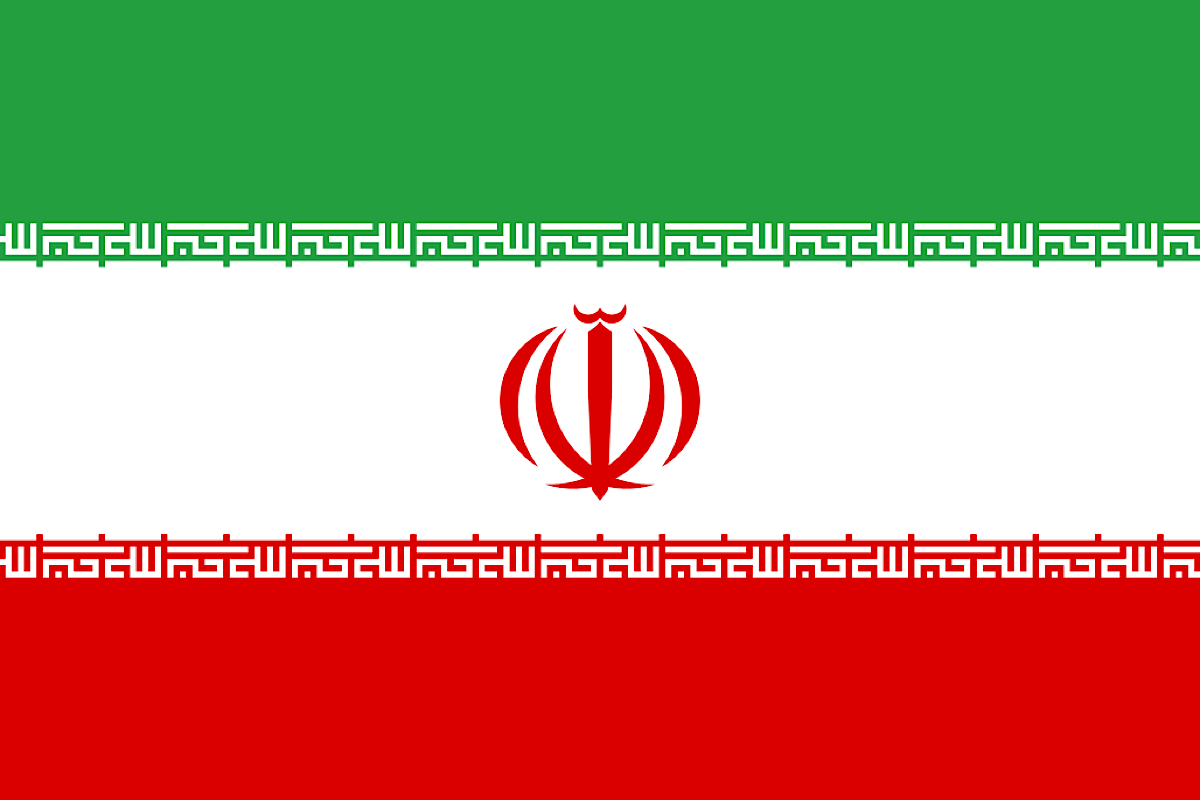Iran’s armed forces began a large-scale joint air defence exercise near the Natanz uranium enrichment facility in central Isfahan province on Tuesday, state television reported.
The ‘Eqtedar’ (Power) 1403 exercise was launched on the orders of Khatam al-Anbia Air Defence Base Commander Qader Rahimzadeh, IRIB TV said.
Advertisement
The first phase involves Aerospace Force units of the Islamic Revolution Guards Corps (IRGC) conducting “all-out point defence of the nuclear site against numerous aerial threats under tough electronic warfare conditions,” according to IRIB.
IRGC spokesman Ali-Mohammad Naeini said on Monday that the annual drills aim to maintain and improve military preparedness, counter potential military threats and acts of sabotage, and boost national morale, Xinhua news agency reported.
The exercise comes after American news website Axios reported last week that US National Security Advisor Jake Sullivan presented US President Joe Biden with options for a potential US attack on Iranian nuclear facilities “should the Iranians move towards a nuclear weapon before January 20, 2025.”
On Monday, Iran’s Foreign Ministry Spokesman Esmaeil Baghaei said that the country is ready for negotiations “based on honour and dignity” to address concerns about its nuclear programme and lift sanctions.
He made the remarks at a weekly press conference in Tehran, in reply to a question about the likelihood of negotiations between Iran and the United States.
Baghaei said Iran always believes in dialogue, stressing that Iranian Foreign Minister Seyed Abbas Araghchi had explicitly declared the country’s latest position that “we are ready for dignity and honor-based negotiations on lifting sanctions and removing concerns about the nature of Iran’s nuclear programme.”
“This is our fixed position. However, the form of (any potential) negotiations should be decided after considering all aspects including other sides’ approaches and performances,” Baghaei added.
He noted that the new round of talks between Tehran and the E3 group of France, Britain, and Germany would be held in Geneva, Switzerland, on January 13-14, during which a range of issues, including developments in West Asia, bilateral ties with the European Union, Iran’s nuclear programme, and removal of the sanctions on Tehran, would be discussed.
Iran signed a nuclear deal, formally known as the Joint Comprehensive Plan of Action (JCPOA), with world powers in July 2015, agreeing to put some curbs on its nuclear programme in return for the removal of sanctions. The United States, however, pulled out of the deal in May 2018 and reimposed sanctions on Iran, prompting Tehran to scale back its commitments under the deal.
The talks to revive the JCPOA began in April 2021 in Vienna, Austria. Despite several rounds of talks, no significant breakthrough has been achieved.









